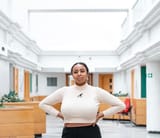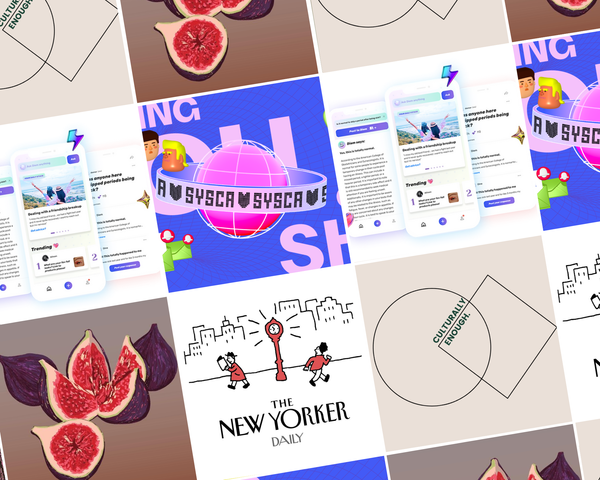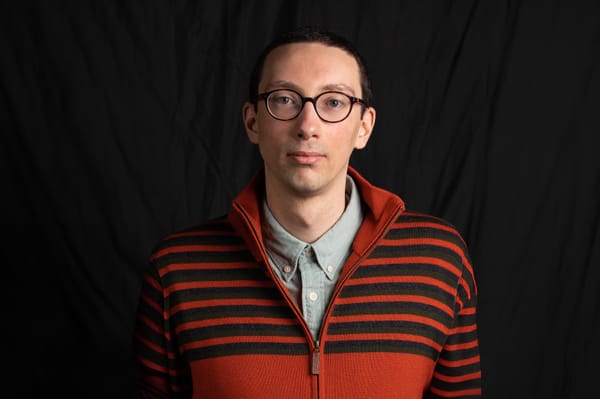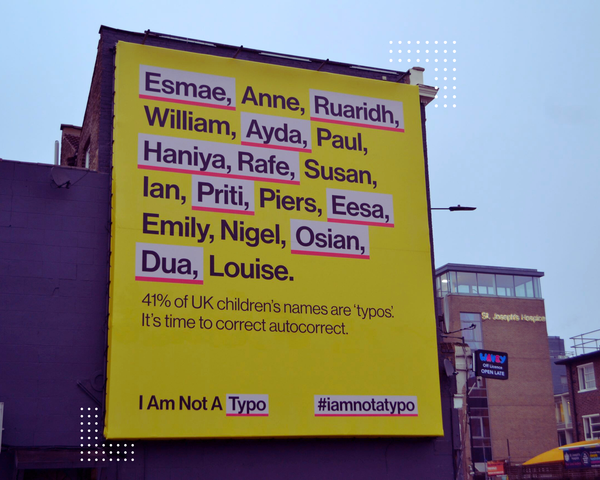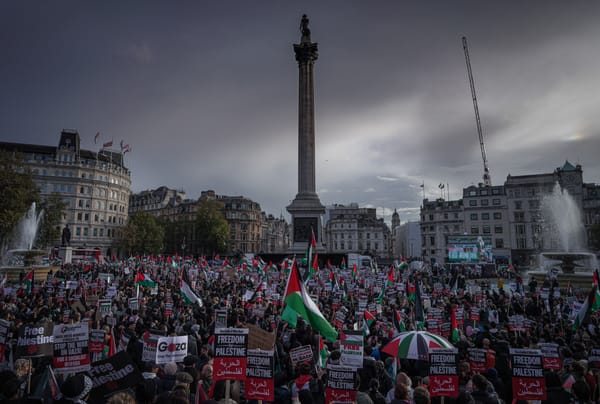“Young, British and Black”: Celebrating Joy and Showcasing the Diversity of Black British Youth All Through Black History Month
With its new podcast, Naked Politics gives a snapshot of the variety and diversity of young Black people’s experiences in the UK
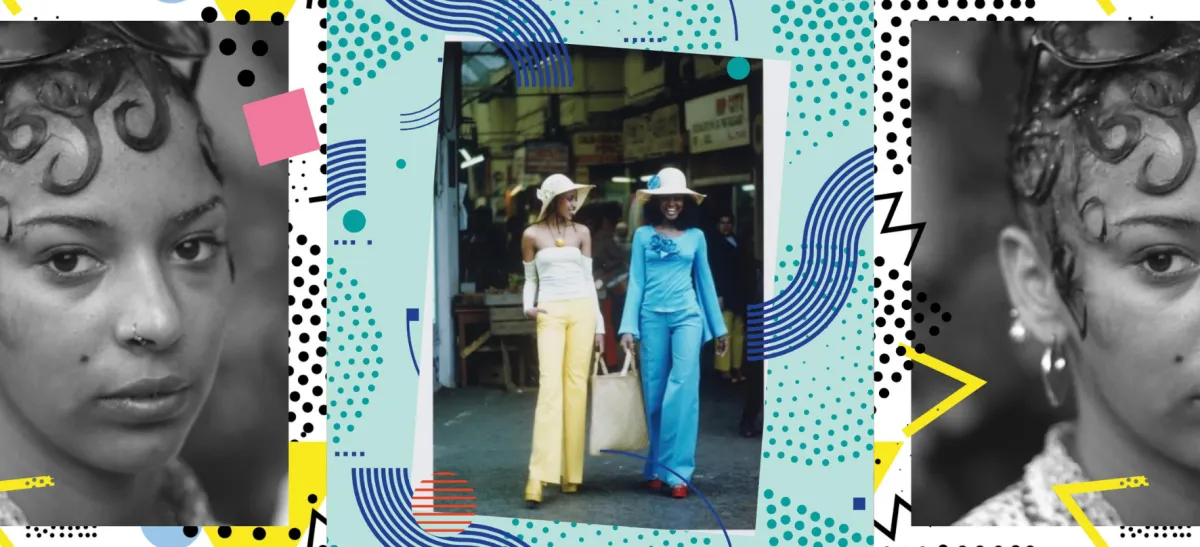
Access the Audio Read version of this article directly on Spotify for Podcasters.
This week we speak to Banseka Kayembe, the director and founder of Naked Politics, an organisation that engages and empowers young people in politics, amplifies their voices, and bridges the gap between politicians and young people. In celebration of Black History Month, Naked Politics has launched a new podcast on Spotify, called “Young, British and Black”. The podcast dropped in the first week of October 2021 and will feature a total of 4 episodes, released weekly throughout Black History Month.
“Young, British and Black” is aimed at young people in the UK, to give them a snapshot of the variety and diversity of Black youth experiences in Britain. “The podcast is built off of an article series that we did last year under the same title, where we did something very similar,” says Kayembe. “It was powerful reading about how much young Black people had to say about their lives, experiences, and the wider world. And let’s be completely honest - when you say the words “Black youth”, it’s normally negative images that come up in people’s heads. So dismantling that narrative felt really great and something we should continue doing”.
Indeed, as a release for the podcast explains, young Black people’s experiences and views are often presented as one-dimensional or a monolithic experience. Through conversations with ordinary young Black British people, “Young, British and Black” paints a picture of the diversity of Black British youth today. “The idea for turning it this year into a podcast actually came from one of the members of Naked Politics youth advisory board members, which is one of many reasons the board is so amazing!” shares Kayembe. “They are able to think of ideas and concepts that on my own I wouldn’t have considered, all from a youth perspective”.
“Young, British and Black” discusses the struggles and hurdles facing Black youth, and highlights the incredible joys of being young British and Black, featuring four ordinary Black British people aged 19-24. The first episode was released on 1 October 2021. “I wanted to make sure that we did all our content for Black History Month in good time, as quality is absolutely key for me,” explains Kayembe. “We did a call out for guests over our social media channels during the summer and then I planned the content, ready for recording in September.”
Each of the podcast’s guests is interviewed by Kayembe herself. In the first episode, she explores growing up in South London, dismantling racist systems rather than assimilating into them, and the joys of reading with 21-year-old Serena. The experience is a first for Kayembe, a freelance writer with bylines in British Vogue and The Independent, whose work centres on pop culture, racism, feminism, and youth issues. “Stepping outside my comfort zone into other types of media is always slightly scary,” she says. “It felt a bit rough because we did everything remotely via Zoom, but perhaps in a way that suits this podcast not to feel too polished! At the end of the day, we’re just all regular Black people, having real, honest conversations about what it means to be young and Black in this society”.
Kayembe hopes listeners will take several things away from the podcast. “I think the biggest one is that we need the perspectives and views of young Black people,” she says. “They aren’t just a nice add-on during Black History Month so we can feel like we’re checking a diversity box - some of the views explored in the podcast were really informative ideas about how everyone in society can be liberated, rather than just the success of a few being celebrated. There’s a moment where Serena says “we don’t want to just become rich in this system, we want to break the system that we've been born into… and create a system that is fair for everyone”. I thought that was so powerful. Black liberation means the liberation of everyone, and that’s a point that can’t be overstated”.
Kayembe also wants people to hear Black queer perspectives: “One of my other guests, Shane, spoke about how hard it is sometimes to find spaces that are accepting of both their blackness and their queerness; the struggle to find spaces that accept the whole of you. Young queer Black people like Shane are an important reminder of the intersectionality of Black youth and the different struggles that they face despite all being Black. Voices and narratives like theirs are just as important”.
The podcast will also explore Britain’s education system and decolonising the curriculum, colourism, defunding the police, and being young and Black in the art world. Kayembe herself learned a lot from the discussions. “I hadn’t appreciated the intergenerational divides within the Black British community so much,” she explains. “I think a lot about the different experiences Black women, or Black queer people go through, but not the rest of society more broadly. Young people in the Black community want to do things differently than the older generations, probably because of wider socio-economic conditions. They are more radical and more open to different ways of organising society. It struck me that if I was having these same conversations around policing, housing or health care with Black people over the age of forty, their responses would be quite different”.
As Kayembe explains, Black youth is too often associated with criminality, violence, and disruption, with the media failing to picture them as full human beings. Brands often miss the mark on Black History Month, still lacking joy and diversity in their celebrations. “We need to be quite wary of businesses, and big corporations in particular, celebrating Black History Month,” says Kayembe. “Whilst I certainly welcome those institutions doing so, we can’t assume that is enough, or forget that a lot of policies still need to change. An advertisement campaign with some Black faces isn’t actually the same as Black people having access to good affordable housing, or not facing discrimination in the criminal justice system. Sometimes people want us to think that a bit more representation is the same as changing the system for everyone when it’s not”.
“Young, British and Black” shows that young Black British people are innovative, questioning, funny, complex, politically aware, and incredibly joyful. And after the past year, this comfort is much needed. Although the podcast acknowledges that some of their experiences carry pain and difficulty from living in a racialised society, young Black people continue to have hope for a better future, reminding the world that being Black entails laughter, fun, and joy - which, for Kayembe, was absolutely essential to highlight this Black History Month. “I think joy is important, and that’s been threaded deliberately into this podcast series,” says Kayembe. “I’d like to think, despite the seriousness of some of the conversations, that we mostly had a laugh. We also always ended each episode reflecting on what the joys are in being Black, of which there are so many. As Black people, we need to centre ourselves around joy and happiness so we can stay mentally sane. I also think there’s a kind of radicalism in doing so: being joyful in the face of extreme adversity is in itself a kind of resistance”.


